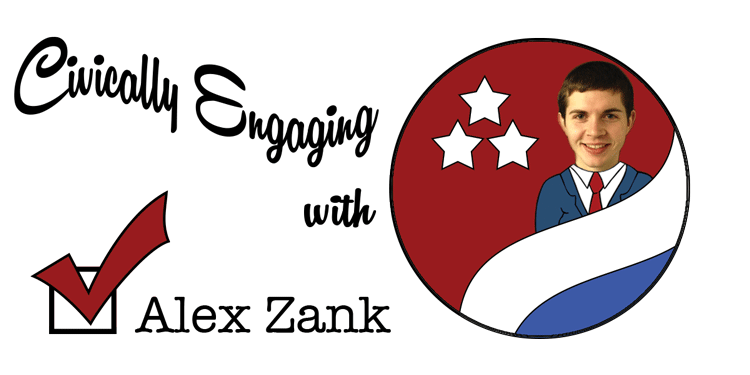Civically Engaging with Alex Zank
Shedding regulatory light on shady for-profit universities
A piece of consumer advice: if you see a product advertised on daytime television promising miracles you probably shouldn’t believe the ad’s claims, nor should you buy the product.
The same rule applies if you are in the market for education. I couldn’t tell you how many times I’ve seen ads for establishments like University of Phoenix or Universal Technical Institute in between reruns of “Seinfeld.”
The problem with these colleges, though, runs a bit deeper than claims made by companies selling miracle vitamins. Oftentimes people who attend these colleges end up with massive amounts of debt coupled with little in the way of job prospects.
This isn’t to say all for-profit colleges are inherently evil. A column in the New York Times by Brent Staples puts it best: “Honest, well-run for-profit colleges can be helpful to students who do not qualify for traditional schools,” he explains.
The others however, which he refers to as the “robber baron” colleges, “saddle students with crushing debt while furnishing them with useless degrees — or no degrees at all.”
The Senate Committee on Health, Education, Labor and Pensions released a report in the summer of 2012 that revealed alarming figures about for-profit universities.
The Department of Education, cited in a recent Politico article, claimed students at for-profit colleges make up 13 percent of the total higher education population and nearly half of all loan defaults.
The taxpayers are also involved when federal loans and grants are given to these students that fall prey to these colleges.
For instance, taxpayers are investing more than $30 billion a year into companies that operate for-profit colleges. Among the 15 publicly traded for-profit colleges, the report explained, this investment accounted for 86 percent of their revenues.
For students who enrolled in these schools in 2008-09, more than half withdrew by mid-2010, according to the HELP committee report.
Sen. and Chairman of the HELP committee Tom Harkin (D-Iowa) said in a statement on the committee’s website “these practices are not the exception — they are the norm; they are systemic throughout the industry.”
The only way I’m able to attend college is because the existence of federal loans. My education is funded heavily through Perkins loans along with a collection of other grants and loans.
I’m not ashamed to admit this because I view these loans as a society-funded investment in its future. When I graduate in May, I’m going to hopefully find a decent-paying job (by journalism standards) because I have the appropriate training. Not only will I be paying off these loans with this revenue, but I’m also going to be a productive member of society as are the intentions of college attendees.
The logic isn’t too complicated here: both students and society are better off as a result, so federal grants and loans are a worthy investment to make.
But what about students who don’t make it through college or can’t find a job as the result of a for-profit college’s predatory practices?
“They can’t find a job. They default. The taxpayer ends up holding the bag. Their credit is ruined, and the for-profit institution is making out like a bandit. That’s a problem,” President Barack Obama said in August.
Providing educational opportunity to students is very important, and that’s what these for-profit colleges, when functioning properly, can do. But if these institutions are acting more like payday lenders than actual colleges, something needs to be fixed. Society has a direct interest in ensuring these fixes are made.







